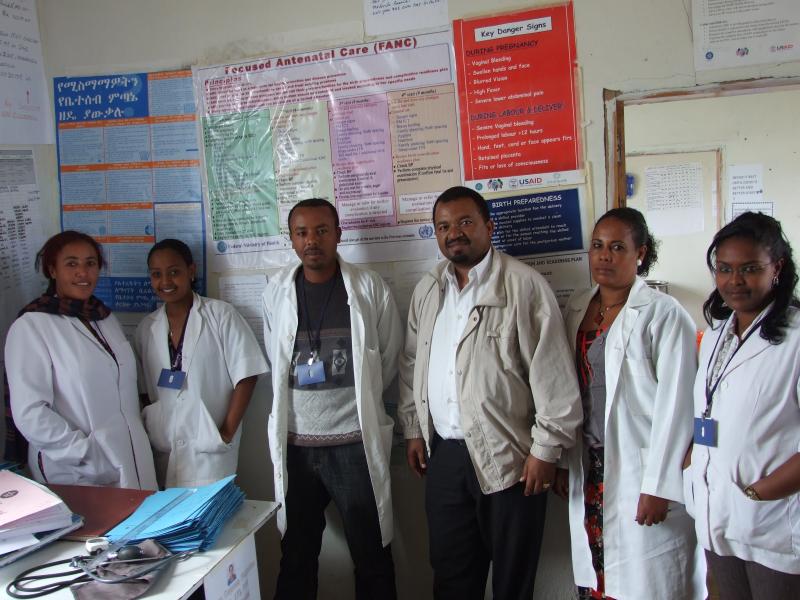Where We Work
See our interactive map


This post was originally published on the Huffington Post's Social Entrepreneurship Blog. For almost 10 years, I managed health programs in Africa, Asia, and South America that harnessed social marketing techniques to produce tangible benefits for poor consumers. Our programs made low-cost products such as condoms, contraceptives, and oral rehydration salts available at reduced, affordable prices. We worked mostly through the private sector and were proud of our bottom-line health impact. We didn't think much about underlying health systems or how to improve them. And if we had, we probably would have dismissed health system strengthening as overly ambitious.
But I've been thinking more about health systems lately, as I have seen governments and their nongovernmental partners carefully and patiently nurse ailing systems to health. The payoffs are not immediate—far from it—but as we move away from the segmented solutions to global health that prevailed in the 2000s (such as in the cases of AIDS and malaria) and toward greater country ownership, there is a growing consensus that we need stronger health systems to make sustainable improvements in global health.
This means more, better trained, and better managed frontline health workers—the backbone of health systems.I've heard that mantra for the last few years but, in 2012 and 2013, I saw it play out repeatedly as I traveled to very different countries in Africa, Asia, and Latin America:• In Kitui, a busy trading center in the Eastern Province of Kenya, Bernard Nderitu, the training director of the Kenya Medical Training College, showed me how his institution is using technology to improve health workers' training in family planning and reproductive health.
This kind of work—building up frontline health workers and the systems that support them—is a prerequisite for producing sustainable improvements in health.
Last year, nongovernmental organizations concerned about health workers launched the Frontline Health Workers Coalition, which is playing a major role in highlighting the ways in which health workers improve health in developing countries. According to the coalition,investing in frontline health workers is a best buy for health: a life is saved by a frontline health worker every three seconds and yet it costs as little as $300 to train one. The coalition also points out that 39 of the 56 countries with the worst shortages of health workers have less than one doctor, nurse, or midwife per 1,000 people.
This year, these organizations will highlight the importance of greater investments in the health workforce (or "human resources for health," in global health-speak) at the Third Global Forum on Human Resources for Health (HRH), November 10-13 in Recife, Brazil. The forum is organized by the Government of Brazil, the World Health Organization, and the Pan-American Health Organization. Some of the outcomes from the forum will be new HRH commitments from countries and donors, greater accountability for tracking those commitments, and clearer links between the HRH agenda and the post-2015 development agenda.
I'm still as convinced as ever of the importance of delivering health products and services via social marketing. But now I'm equally convinced that health care cannot be delivered in sustainable ways without strong, resilient health systems.
Get the latest updates from the blog and eNews




